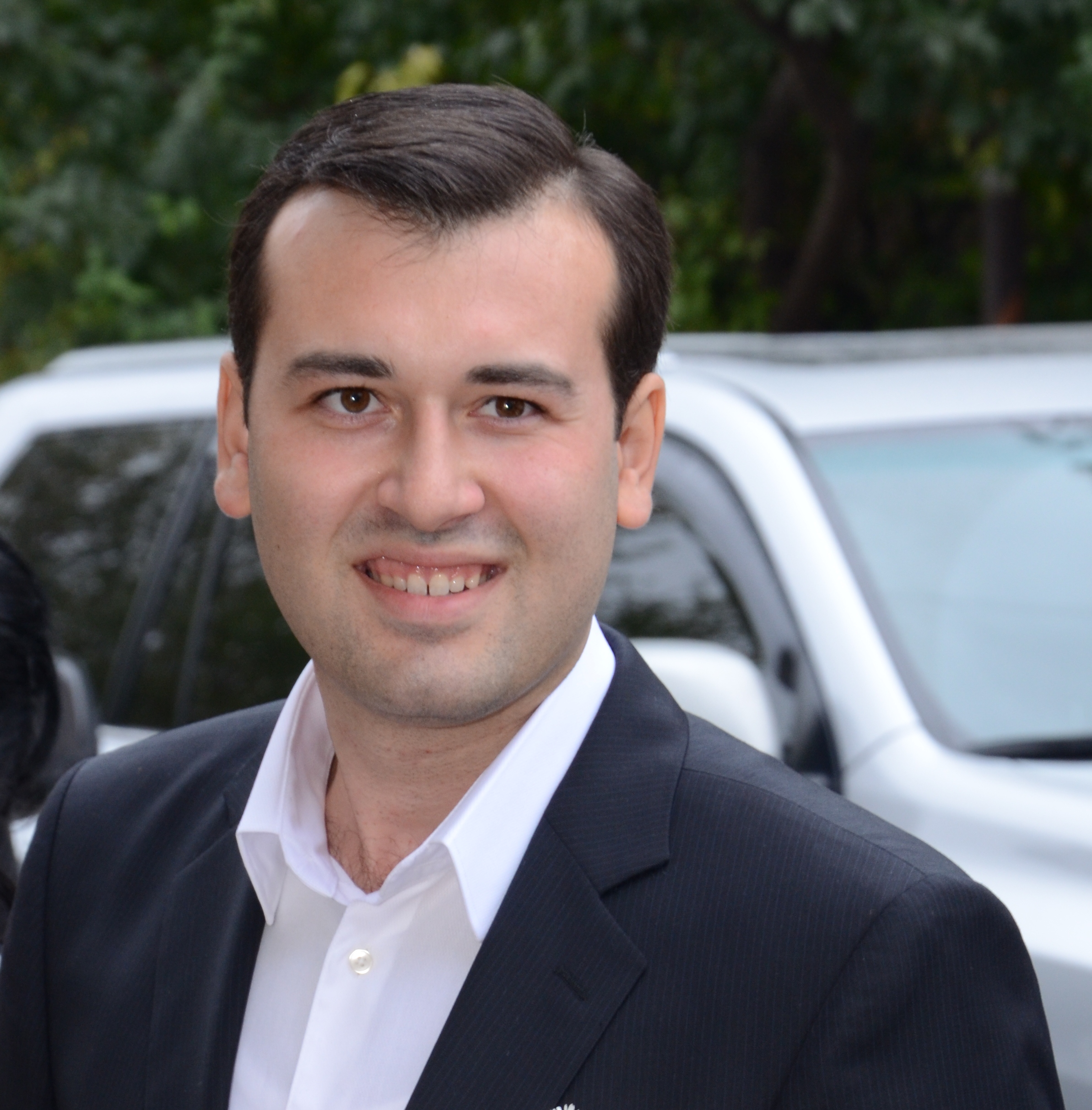EISA Postdoctoral Bridge Grants 2023: Recipients Announced
We are pleased to announce the winners of the inaugural EISA Postdoctoral Bridge Grant scheme:
- Eduard Abrahamyan
- Harriet Cansino
- Amna Kaleem
- Xinyu Yuan
EISA Postdoctoral Bridge Grants support recently graduated or final-year PhD students who have not secured an academic contract or fellowship. They are designed to help bridge the gap between a doctorate and a postdoctoral funded/salaried position.
EISA President Cemal Burak Tansel said:
‘Expanding our sources of support for PhD students, early career researchers, and those who face financial and/or institutional precarity is one of the key objectives of the EISA Governing Board. Our Postdoctoral Bridge Grant scheme was designed with this objective in mind. We extend our congratulations the winners and very much hope that the EISA's support will provide a meaningful contribution to their postdoctoral careers.’
The recipients will utilise the EISA funding to work on the following objectives:

Eduard Abrahamyan
The EISA Postdoctoral Bridge Grant will allow me to develop a book manuscript proposal, with the working title Small States between Russia and the West: Polarity, Constellations and Heterogeneity in the Geopolitics of the Caucasus, and work on an article which will be submitted for publication in a peer-reviewed high-impact journal.
The research that underpins these publications makes a significant contribution to the IR literature in both theoretical and empirical aspects. First, my research seeks to mitigate the paucity of the so-called non-Western small states in the literature, given that the small-state studies are traditionally considered as Western-centric. Second, the research addresses a gap in region-level analyses by investigating the problem of heterogeneity. This problem refers to the contrasting behavioural patterns of small states that are located in the geographical vicinity of a major power that exhibits hegemonic intentions. For this reason, the study explores the rationale behind the heterogeneous foreign policy choices of Armenia, Azerbaijan and Georgia in response to the sub-systemic shifts in their shared environment—epitomised by Russia’s ‘return’ to the geopolitical arena with its system-shaping ambitions since 2008.

Harriet Cansino
I will use the EISA Postdoctoral Bridge grant to substantially contribute towards reworking my doctoral thesis into a book proposal for publication. The book is to be titled Politics of Paradise: Sensing Economies of Tourism in Northeast Brazil and will build on existing work from my PhD to explore the complicated construction of precarity within tourist economies through a focus on the presence of dreams and visions of paradise in workers’ lives. It will ask what living in a place called paradise does for those who work and live together in such a place, focusing on the modes of relating to each other that such a framing enables or forecloses.
The book argues that to understand the way workers engage with and thus enact the economies in which they operate we must consider the complex interplay of their innermost fantasies and how they sense engagement with others around them. It also argues that understanding these modes of sensing requires situating workers within their material economies vis-à-vis histories of colonialism and contemporary international systems.

Amna Kaleem
I am very happy to receive the EISA Postdoctoral Bridge Grant, this funding will enable me to finalise two research articles for publication. My first article explores the possibility of resistance within the enactment of citizen-led counter-terrorism policies and puts forward a new conceptualisation of resistance that moves away from organised, counter-hegemonic acts of contestation. I focus on the experiences of frontline staff enacting the British government’s Prevent Duty who find different ways to resist the imposition of statutory counter-terrorism duties in their workplace. This paper will make a contribution to the literature on Foucauldian counter-conducts as well as scholarship on everyday practices of resistance and (in)security.
My second article uses a feminist epistemological approach to collapse the domestic/international divide in counter-terrorism politics. Using Enloe’s assertion ‘the international is personal’, this paper argues that our understanding of international security threats and their mitigation is connected to personal interactions that take place within everyday security politics. Using Prevent Duty as a case study, I explain the connections between domestic preventing/countering violent extremism (P/CVE) policies and the international War on Terror operations.

Xinyu Yuan
With the EISA Postdoctoral Bridge Grant, I will work on publishing my PhD research and developing a new project proposal based on the research findings. My PhD dissertation seeks to unpack the multilayered restrictiveness that international non-governmental organizations (INGOs) have faced in China since 2017 following the government’s shift to a security-centric approach to INGOs. Theoretically, the research moves beyond the one-dimensional focus on the legal restrictions that prevailed in the relevant literature, and offers a fresh and nuanced analysis of how governmental control plays out in concrete terms. Empirically, my research has shed light on the operational space for INGOs in restrictive contexts as well as the implications for transnational activism. I aim to submit an article as well as a book proposal in 2023 based on the PhD dissertation. Meanwhile, I will develop a new research proposal regarding China’s agency in global norm transformation, investigating its mixed role as a norm-taker and norm-maker by developing case studies on two arenas: peacebuilding and civil society governance.
The next round of the scheme will be launched in late 2023. Please subscribe to our newsletter and follow us on social media to stay up-to-date.
